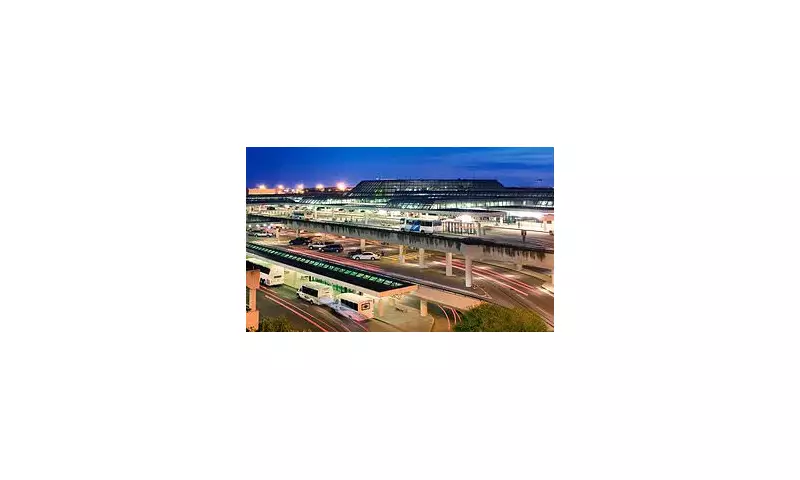
The looming US government shutdown threatens to throw American air travel into unprecedented chaos, with critical aviation safety systems facing potential closure and thousands of air traffic controllers being forced to work without pay.
The Impending Crisis in the Skies
As political gridlock grips Washington, the Federal Aviation Administration (FAA) is preparing for the worst. Should politicians fail to reach a funding agreement by the September 30th deadline, the aviation sector faces its most severe test in years. Transportation Secretary Pete Buttigieg has issued stark warnings about the inevitable consequences for travellers nationwide.
Essential Workers in Limbo
Approximately 17,000 air traffic controllers and 2,600 aviation safety inspectors would be compelled to work without receiving paychecks during the shutdown period. Meanwhile, an additional 13,000 FAA personnel would face immediate furlough, creating critical staffing gaps in an already strained system.
Critical Systems at Risk
The shutdown would severely impact the FAA's ability to conduct essential functions including:
- Air traffic control training and certification programmes
- Long-term modernization projects for ageing infrastructure
- Routine maintenance of critical safety systems
- Development and implementation of new aviation technologies
Historical Precedent Points to Trouble
Previous government shutdowns provide worrying indicators of what travellers might expect. During the 2019 funding lapse, significant air traffic control staffing shortages emerged at critical facilities including major hubs in New York, Washington, and Florida. The situation became so dire that the FAA was forced to halt incoming flights at LaGuardia Airport and experienced substantial delays at other major terminals.
Industry Leaders Sound the Alarm
Aviation unions and industry experts are expressing grave concerns about the potential impact on both safety and operations. The National Air Traffic Controllers Association has emphasised that forcing safety-critical personnel to work without compensation creates unnecessary stress and distraction in an already high-pressure environment.
Broader Economic Consequences
Beyond immediate travel disruptions, a prolonged shutdown could have severe economic repercussions:
- Billions in potential losses for airlines and airports
- Significant impact on tourism and business travel
- Disruption to supply chains relying on air cargo
- Long-term setbacks for aviation infrastructure improvements
The situation remains fluid as politicians work against the clock to avert what could become one of the most disruptive events in recent aviation history.





